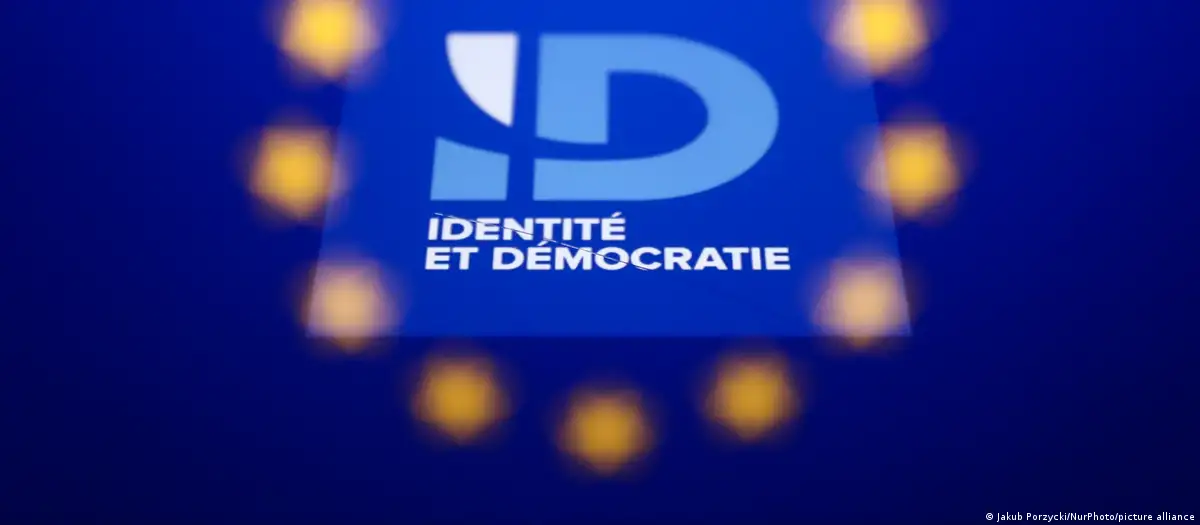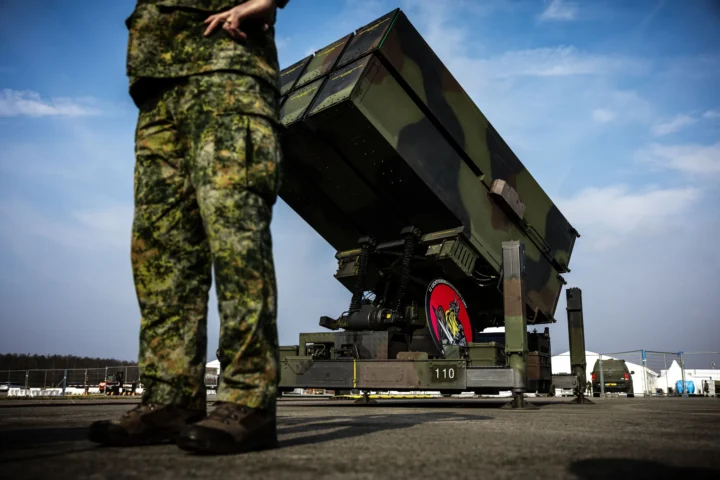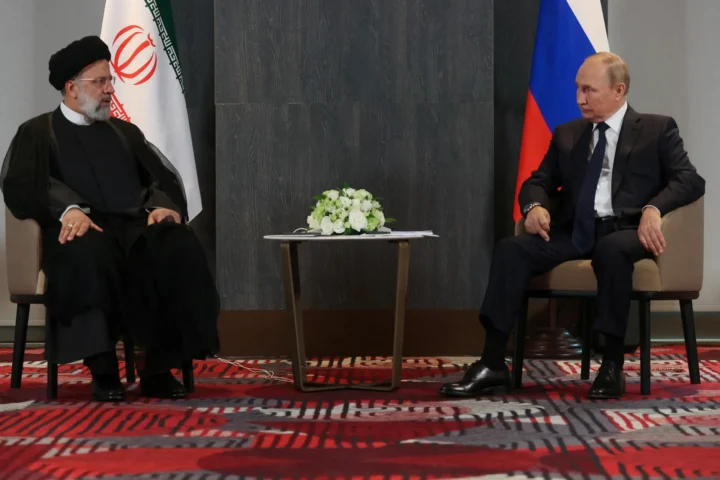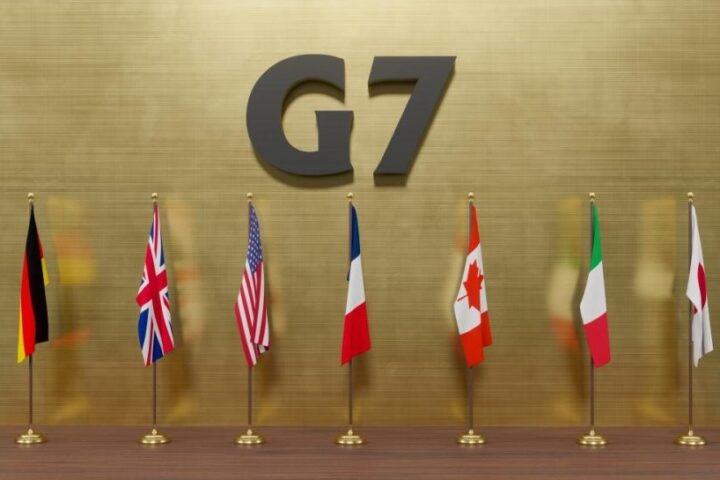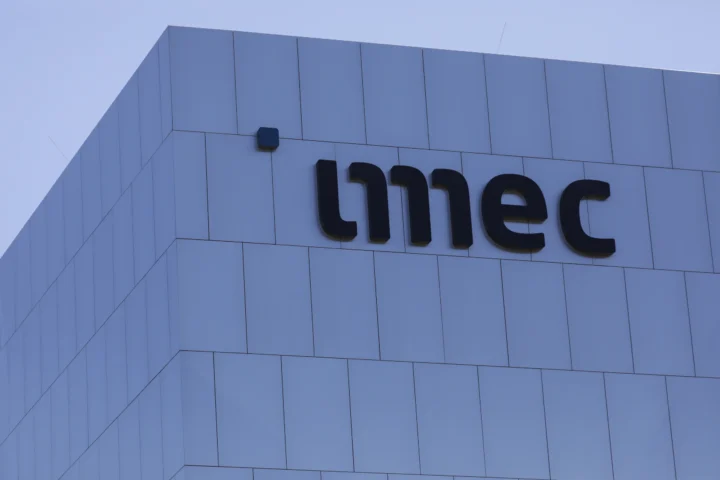The main far-right party of France says it will no longer align with its erstwhile German allies, the AfD, in the EU parliament. This followed comments by the AfD’s top candidate about the Nazi SS paramilitary force
France’s main far-right party National Rally (RN) on Tuesday said it would no longer work alongside the far-right Alternative for Germany (AfD) in the European Parliament.
RN said it would create some distance from the German party after comments by the AfD’s top candidate about the Nazi SS paramilitary force in the run-up to June’s EU elections.
Marine Le Pen’s RN tops French polls just over two weeks away from the EU election and is tipped to comfortably beat President Emmanuel Macron’s centrist coalition.
What caused the split?
The AfD’s lead candidate in the EU election, Maximilian Krah, told the Italian newspaper La Repubblica that, just because a person had been a member of the SS, that individual was “not automatically a criminal.”
The comments caused a stir in neighboring France, where they were felt to have trivialized the Nazi era and its accompanying atrocities.
France was occupied by Nazi Germany from 1940 to 1944, and the country suffered widespread human rights abuses, forced labor, and the brutal suppression of French resistance movements. The SS was heavily involved in many of the most infamous war crimes committed by the Nazis.
“The AfD has crossed lines that I see as red,” Jordan Bardella, head of the RN candidate list, said in an election debate on the French television channel LCI.
Bardalla added that the RN would build “new alliances” after the election, and that it would seek to be part of the largest possible group in parliament.
Bardella has “decided to no longer sit with” AfD members in the EU parliament, RN campaign chief Alexandre Loubet told the AFP.
“We had frank discussions” with the AfD, said Loubet, “but the lessons were not learned. We are drawing the consequences.”
Cracks emerged long before
The RN and AfD were two of the core members of an EU parliament group called Identity and Democracy, with Austria’s Freedom Party (FPO) and Italy’s League (Lega) among several other European far-right parties that joined.
Rifts have appeared since November after a secret meeting of extremist parties in the German city of Potsdam on “immigration,” the mass expulsion of immigrants.
RN’s parliamentary party leader Le Pen, who said she did not agree with the concept, clearly distanced herself from the AfD on behalf of the RN, and threatened to end their cooperation.
Le Pen said it appeared her party had a “blatant disagreement” with the AfD “and that we need to talk together about big differences like these to see whether these differences have consequences for our capacity to unite in a faction or not.”
Le Pen, who has long sought to distance herself from her father Jean-Marie Le Pen’s openly racist and antisemitic reputation, intends to run in the 2027 presidential election.
It is reported that she may seek to make Bardella prime minister if she wins.
The AfD suffered a stinging defeat last week when a court dismissed its effort to prevent Germany’s intelligence services from investigating it as a suspected extremist organization.
That came with the party already reeling from a Chinese spying scandal, plus claims of links to Russia.
Earlier this month, investigators in Brussels searched the European Parliament office of Maximilian Krah (AfD) in connection with suspected espionage by his former assistant.
